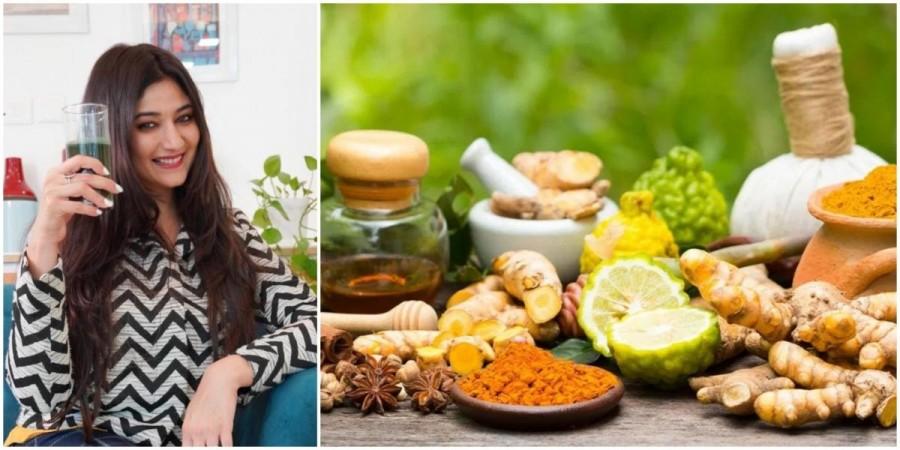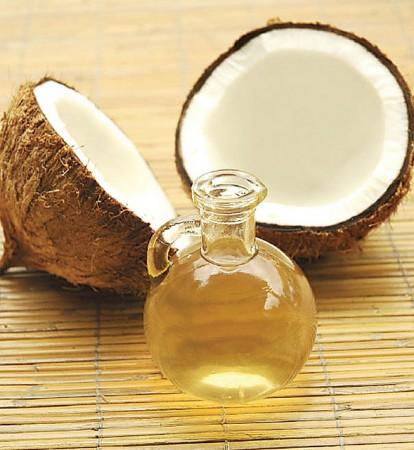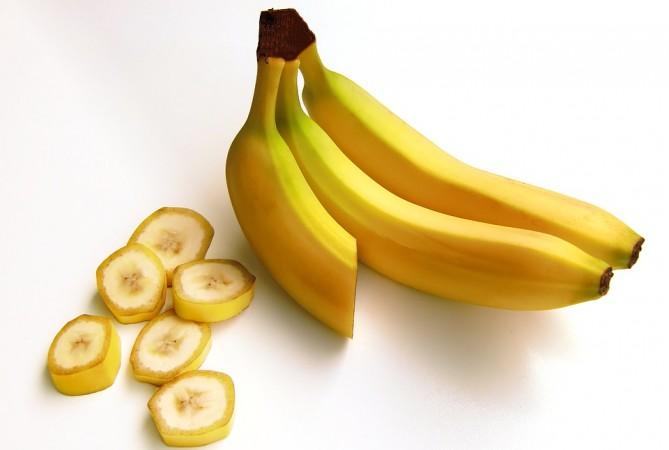As the year 2020 has sent the world reeling due to coronavirus, it has taken a toll on mental health for many worldwide. Anxiety, depression, momentarily feelings of the low or long-term battle of mixed emotions, mental health certainly did have its highs and lows this year.
Usually, anxiety is associated with fear where some people also experience insomnia (lack of sleep) and this can be accompanied by feelings low or intense feeling. Depression is often recognised as a feeling of low which could be momentarily or it can be for a long period of time.

Some people might want to disconnect from the world, lose interest in friends and isolate socially or from your usual activities, they may feel anxious, irritable and sometimes just want to lay in bed doing absolutely nothing.
Having said that at some stage, one might need medical supervision and having a support system of family and friends comes as a conglomeration of care.
This Mental Health Day, here is my list of 10 superfoods proven to uplift mood:
1. Ashwagandha: There can be no conversation on mood uplifters without mentioning Ashwagandha. Ashwagandha is a stress-relieving herb and is a tonic to our nervous system. It uplifts our moods and relieves anxiety.
Ashwagandha also knowns as "Indian ginseng" is a nerve tonic. Consume approximately 2 gm a day, in the form of capsule or powder. If you are using in a powder you can add them to laddoo, milk, biscuits or just have it as it is with a cup of plain milk.
2. Sleep tonic: A cup of homemade almond milk, with a pinch of ginger, a pinch of nutmeg and 2-3 strands of saffron really helps in alleviating anxiety and reduces symptoms of depression. Consume one cup a day either in the morning or before going to bed in the evening.
3. Brahmi: It is an adaptogenic herb — which means it adapts to any stressful situation and helps in releasing serotonin in our body. It helps in overcoming nervousness and anxiety. You can add Brahmi leaves about a fistful to the chutney or consume in powder or capsule form with a cup of milk. Again 1 teaspoon a day is enough.
4. Sesame oil, ghee, coconut oil are some powerful oil or fats which helps in nourishing your brain. Depending on your body type and your climate condition apply a drop of any of these oil to your forehead before sleep and rub a drop to the sole of your feet before going to bed. They will not only relax you but will also help you get good sleep.

5. Serotonin: Happy hormone doesn't get to the brain but tryptophan, an amino acid can reach our brain through the blood. We may wonder - why one craves sugar or carbohydrates when we are having feelings of low? Carbohydrates especially refined carbohydrates like sugars, lollies, sweets and desserts facilitate the transport of tryptophan to the brain.
Adding seeds pumpkin seed, sunflower seeds work wonders to the diet as they help in releasing happy hormone "Serotonin" which uplifts our mood.
Mantra: Remember, never give up, never ever. What you are experiencing is temporary.
6. Mayans: The Incas of Mexico served cacao to their gods. It was a food for the rich and priestly class and a saviour for warriors. Fresh cacao beans from the Theobroma tree were fermented, dried, roasted and hand-ground into cacao paste.
They are combined these with cornmeal, chilli peppers or water. Beans prepared at a lower temperature retains all its antioxidant properties and are called "Cacao" whereas those beans which have been exposed to high temperatures and are roasted are called "cocoa". Cacao contains a compound called phenethylamine which triggers the release of endorphins and serotonin in our brain, helping our nervous system.
Add a tablespoon of cocoa or cacao powder to your milk (it is a booster as tryptophan in milk helps in producing happy hormone serotonin).
7. Bananas are rich in magnesium, potassium, tryptophan. Magnesium and potassium work as a muscle relaxant and tryptophan help in producing the happy hormone serotonin. Eat banana guilt-free once a day. How about making a milkshake with banana, ashwagandha and cocoa powder and cocoa butter for a mood uplifter?

8. Greens: Billions of nerves in our brain communicate with each other through chemicals called neurotransmitters. These nerves do not touch each other but they manufacture and deploy neurotransmitters to bridge the gap between them. These neurotransmitters called monoamines (serotonin and dopamine) are controlled by enzyme monoamine oxidase which breaks excess monoamines.
In depression these enzymes are elevated, a condition arises which leads to a chemical imbalance in the brain and eating 1 cup of mixed greens – either as soup or juice or salad, assists these neurotransmitters.
9. Plant foods like apples, berries, grapes, onions, green tea are some fruits and vegetables which assist in relieving symptoms of lows as they reduce monoamine oxidase enzyme.
10. Spices like cloves, oregano, cinnamon, nutmeg have shown remarkable evidence in an uplifting mood. Use them in the diet generously either in curries, salads, grilling, baking or add them to vegetable stews.
Other ways to beat stress

Meditate: Pranayama and chanting's of so hum, Shavasana or corpse pose and as simple as just doing nothing can help one calm their symptoms.
Exercise: exercise has always played role in improving mental health and wellbeing. Sometimes feelings of low are accompanied by a feeling of tiredness and not willing to walk or move. But Exercise is therapy.
Just like patting an animal is for some or daydreaming for many, Exercise or moving even 30 minutes a day can help in releasing happy hormones. Do not underestimate the power of movement. Soak up the sun, find your support system.
About the author: This is a guest article by Swati Bathwal, an accredited practising Dietitian Nutritionist and Public Health Dietitian, Certified Diabetes Educator, an accredited Anthropometrist and a registered Yoga Teacher.














